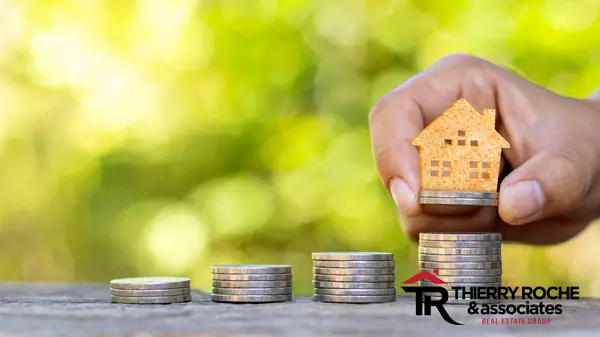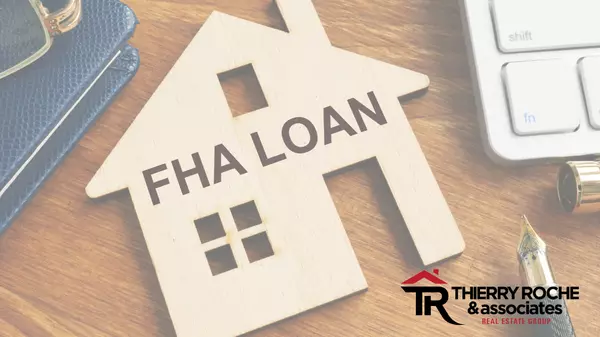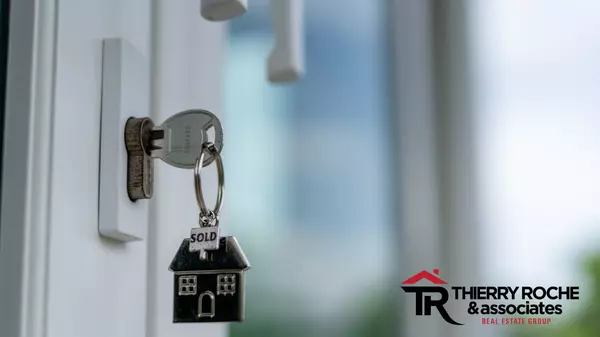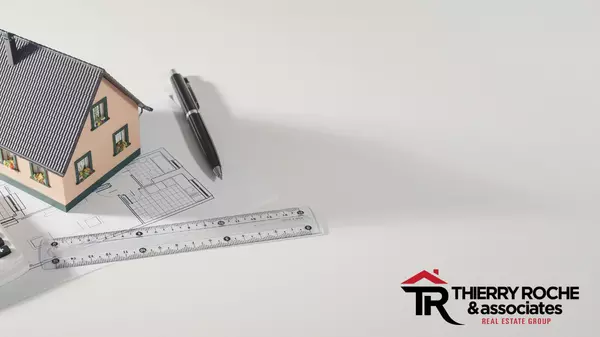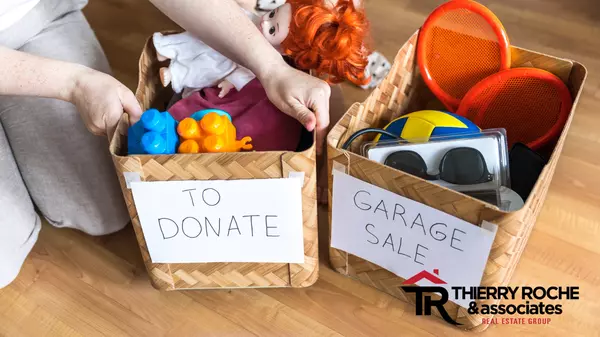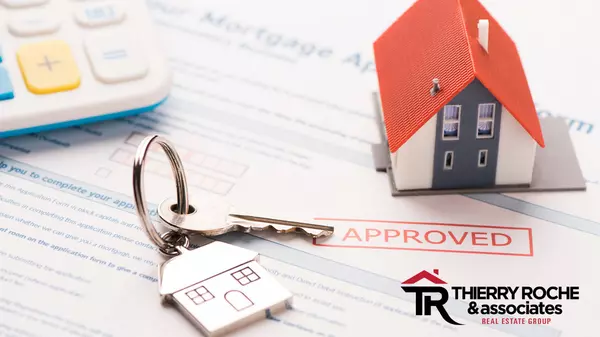The Real Cost of Waiting to Buy a Home

If you've been holding off on buying a home—waiting for mortgage rates to drop or home prices to cool down—you're not alone. It might seem like the safe move to park your down payment in a traditional savings option like a Certificate of Deposit (CD) or invest it in the stock market. But what if I told you that waiting might actually be costing you more than you think?
When it comes to building long-term wealth, homeownership has a unique and often underestimated advantage: leverage.
Why Leverage Changes Everything
Unlike CDs or stocks, real estate allows you to control a high-value asset with a relatively small upfront investment. For example, a $40,000 down payment can unlock a $400,000 home. That means when your home appreciates—even by a modest 3% annually—that growth applies to the entire property value, not just your initial investment. This is where the power of leverage works in your favor.
Let’s Break Down the Numbers
Let’s say you had $40,000 to invest today. One option is putting it into a Certificate of Deposit (CD)—a low-risk, time-locked savings account offered by banks that typically earns a fixed interest rate. With an average annual return of 2.5%, your CD would grow to around $45,256 after five years.
Alternatively, if you invested in the stock market with an assumed 7% annual return, your $40,000 could increase to approximately $56,102. While that’s a higher return than a CD, it also carries more volatility and risk.
Now let’s compare that to using the $40,000 as a down payment on a home. Even with a conservative 3% annual appreciation rate on a $400,000 property, your overall wealth position after five years could grow to $126,211. That’s a 25.84% return on your initial investment—significantly outperforming both CDs and stocks.
Why Homeownership Is More Than Just a Place to Live
You Build Equity Over Time
With every mortgage payment you make, you’re not just covering interest—you’re paying down your loan and increasing your ownership stake in the home. This builds real, tangible wealth over time that renting—or even investing in other financial tools—can’t replicate.
Tax Benefits Add Even More Value
The way your profits are taxed matters. CD gains are taxed as ordinary income, and stock profits are taxed as long-term capital gains. But when you sell a primary residence, homeowners can exclude up to $250,000 in gains ($500,000 if married and filing jointly) from federal taxes—if they meet the IRS residency requirements. That’s a powerful advantage when it comes time to cash out.
You Can Refinance If Rates Drop
Many buyers worry about locking in a 6%+ mortgage rate today. But here’s the good news: if rates decrease in the future, you’re not stuck—you can refinance. Meanwhile, you’re still benefiting from rising property values and building equity instead of sitting on the sidelines.
The Bottom Line: Waiting May Cost You More Than You Think
If you're financially ready—with a down payment saved and mortgage pre-approval in reach—postponing your purchase could cost you thousands in missed equity, appreciation, and tax advantages. Real estate isn’t just a roof over your head—it’s a long-term wealth-building tool.
Categories
Recent Posts
